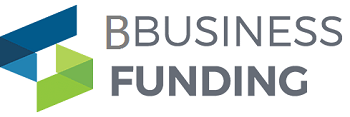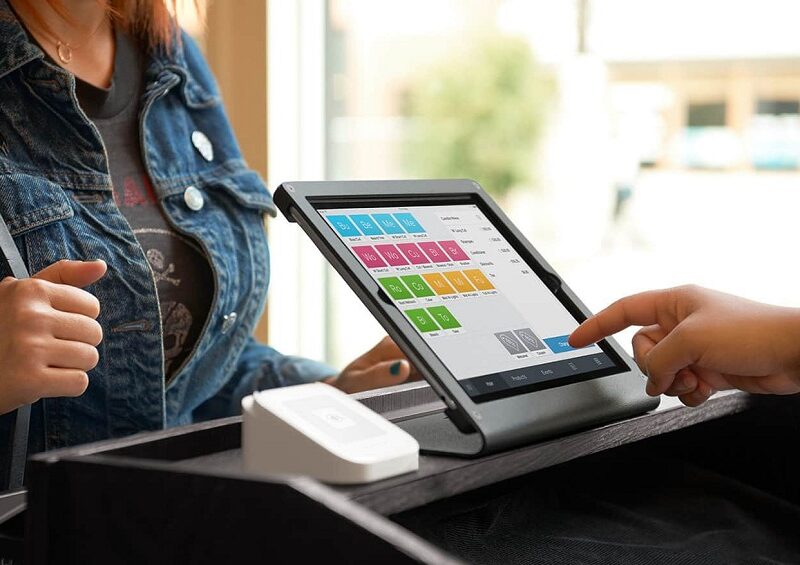Running a small business can be a challenge, especially when it comes to managing finances. One tool that has gained significant traction in the smallbusinessworldisthe Point-of-Sale (POS) system. But is this technology a savior or a saboteur for small business finances? Let’s delve into it.
What is a POS System?
Think of Pos system as the digital version of a traditional cash register. It’s a software solution that allows businesses to conduct sales, accept different payment methods, track inventory, manage employees, and analyze sales data.ModernPOSsystemsare cloud-based, allowing access from anywhere and providing real-time data.
The Savior Side of POS Systems
POS systems have revolutionized the way businesses operate,providingamultitudeof benefits. From simplifying transactions to managing inventory and generating insightful reports, these systems are the unsung heroes behind many successful businesses.
● Data Collection
A Pos system can automatically collect data such as customer contact information, purchase history, and preferences. This data can provide valuable insights into your customers’ behaviors and needs.
● Personalized Marketing
With the collected data, you can create personalized marketing campaigns targeted at specific customer segments. For instance, you can offer discounts on frequently purchased items or send special birthday offers. This not only increases customer engagement but also boosts sales.
● Improved Customer Service
POS systems can improve customer service by speeding up checkout times, offering flexible payment options, and providing accurate productinformation.Happycustomers are more likely to return and recommend your business to others.
● POS Systems and Employee Management
Another advantage of POS systems is their ability to manage employees effectively. They come with features that can help you monitor employee performance, schedule shifts, and even calculate payroll.
● Employee Performance Tracking
POS systems can track each employee’s sales, allowing you to identify top performers and those who may need additional training or support. This can help improve overall business performance.
● Shift Scheduling
Some POS systems include shift scheduling features, making it easy to manage your staff’s working hours. This can save you time and ensure that your business is adequately staffed at all times.
● Payroll Calculation
Certain POS systemscanalsoassistwithpayrollcalculationsbytrackinghoursworked, overtime, and tips. This not only simplifies payroll processing but also ensures accuracy.
● Streamlined Operations
One of the most significant benefits of a POS system is its ability to streamline operations. With a POS system, you can automate numerous tasks such as tracking sales, managing inventory, and calculating taxes. This not only saves time but also reduces human error, which can have financial implications.
● Real-Time Financial Reporting
POS systemsprovidereal-timefinancialdata,enablingyoutomakeinformeddecisions. You can track your best-selling products, busiest hours, and overallsalesperformance. This information can guide you in optimizing your operations, improving customer service, and maximizing profits.
● Inventory Management
Inventory mismanagement can lead to financial losses. Thankfully, POS systems offer inventory management capabilities. They track your stock levels in real-time, alert you when inventory is low, and even automate reordering processes. This ensuresthatyou never miss a sale due to an out-of-stock item.
The Saboteur Side of POS Systems
Despitethe many benefits, there are potential downsides to consider.
● High Upfront Cost
The initial cost of installing a POS system can be high. Some systems require proprietary hardware, software licenses, and installationfees.Forasmallbusinesswith tight finances, this can be a significant financial burden.
● Ongoing Maintenance Costs
Even after installation, there could be ongoing costs. These may include software updates, hardware maintenance, and subscription fees. If not planned for, these costs can put a strain on your business finances.
● Dependence on Internet Connectivity
MostmodernPOSsystemsrelyheavilyonInternetconnectivity.Ifyourbusinessisinan area with unreliable internet, you may experienceinterruptionsinservice.Thiscanlead to lost sales and frustrated customers.
● Data Security
As POS systems collect and store sensitive data, they can be a target for cybercriminals. A data breach could result in financial losses and damage to your business’s reputation. Therefore, choosing a POS system with robust security features is crucial.
● System Downtime
System downtime can disrupt business operations and lead to lost sales. Therefore, choosing a reliable POS system and having a backup plan is essential in case ofsystem failure.
● Training Costs
ImplementinganewPOSsystemrequirestrainingyourstafftouseit effectively. This can incur additional costs and temporarily reduce productivity.choosing a reliable POS system and having a backup plan is essential.
Conclusion: Savior or Saboteur?
Like any tool, a POS system can be both a savior and a saboteur—it all depends on how you use it. With proper implementation, usage, and understanding of the benefits and potential pitfalls of POS systems, you can make an informed decision that bestsuits your small business.
Remember,thegoalisnotjusttoadopttechnologyforthesakeofit,buttoleverageitto improve your operations,serveyourcustomersbetter,andultimately,boostyourbottom line. Thus, do your research, and consider your business needs and financial capacity before deciding if a POS system is right for your small business.

